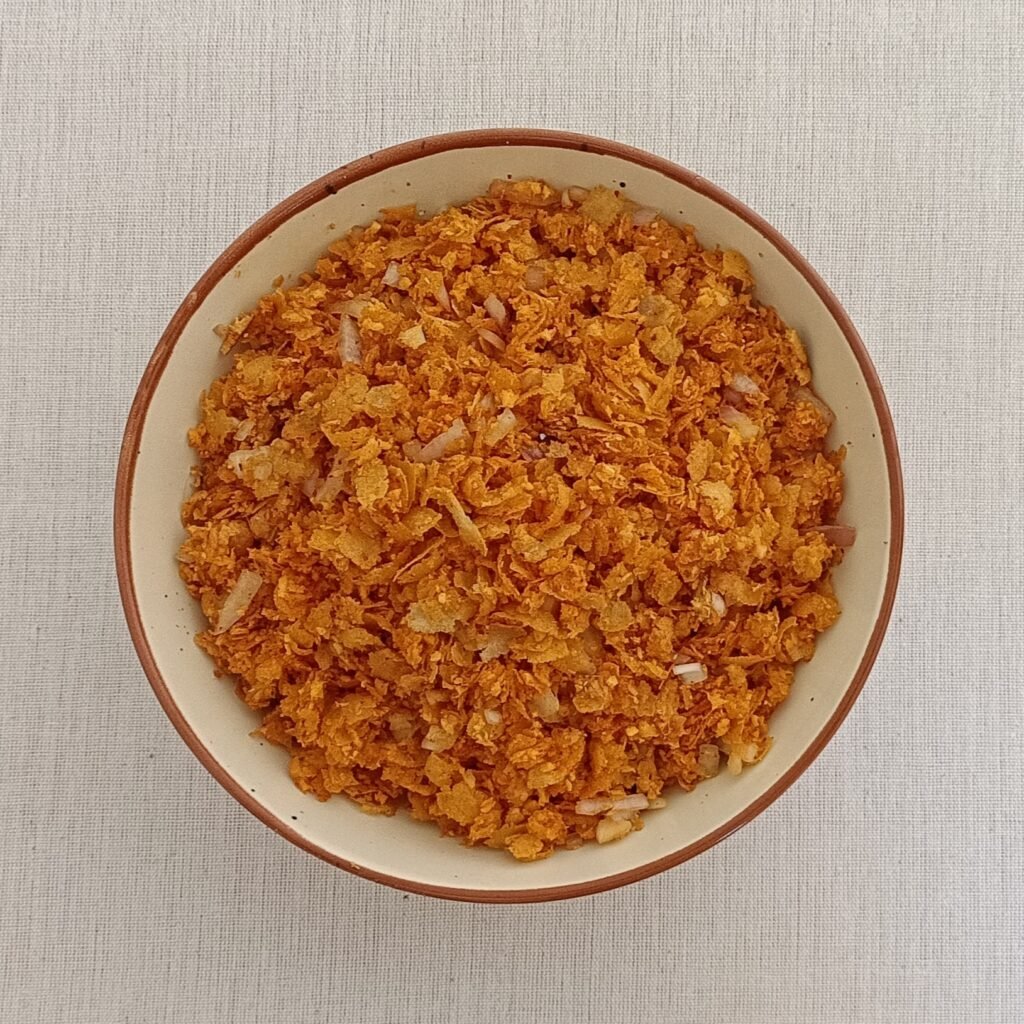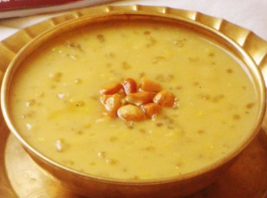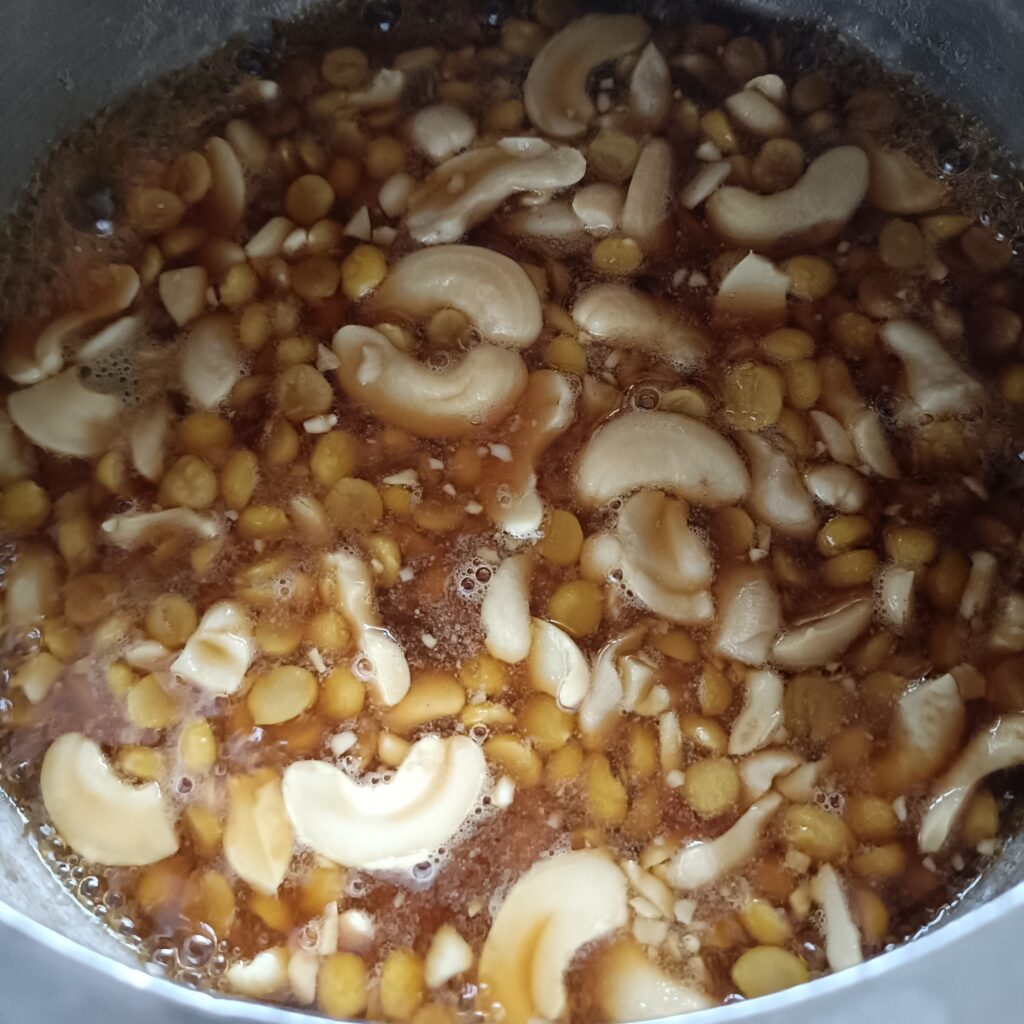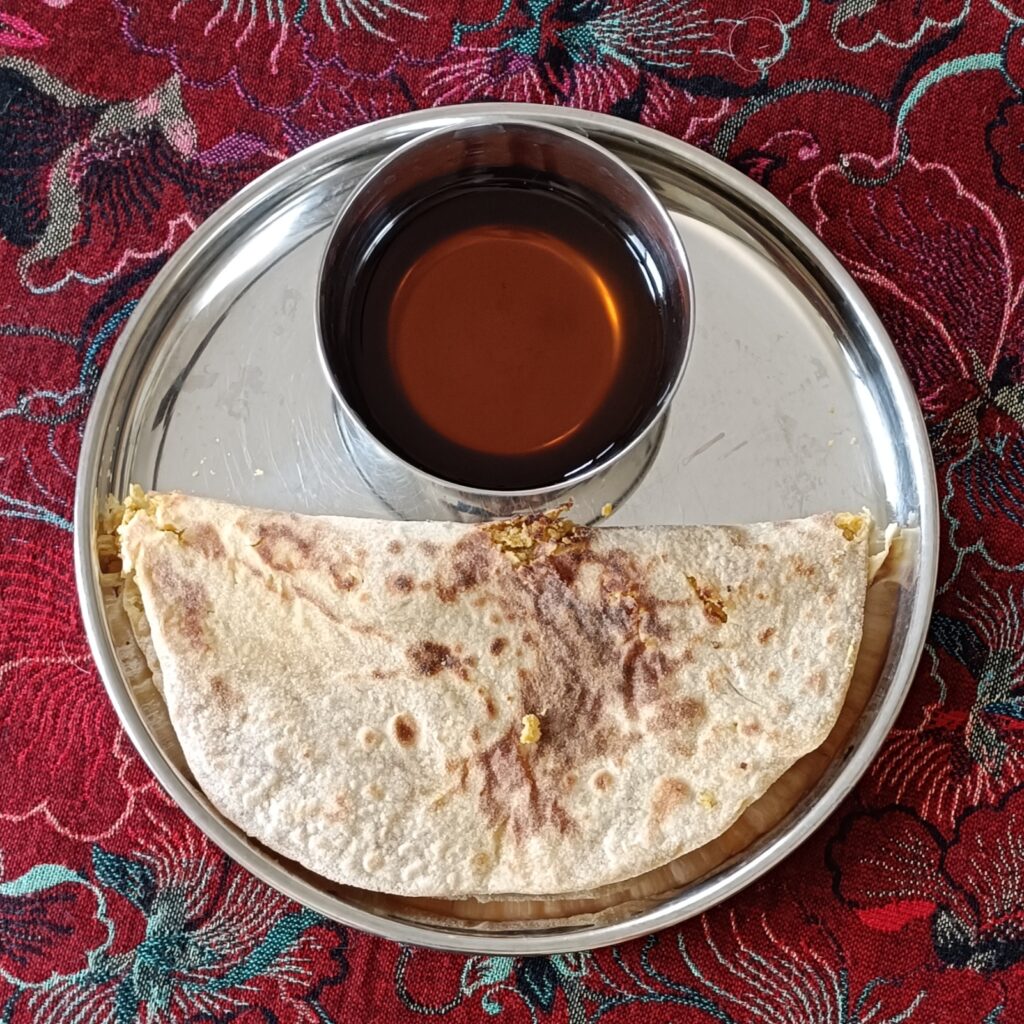
Masala Pohe (Spicy Pressed Rice)
Poha is made by soaking the rice and then flattening and drying it. It can be considered to be an uncooked form of rice yet doesn’t really need to be cooked to be consumed. It has a reasonable amount of carbohydrates, some potassium, sodium and protein, and is easily digested. Coconut is a great source of natural fats and lots of fibre. Fibre helps in digestion as well as regulating the absorption of nutrients.






